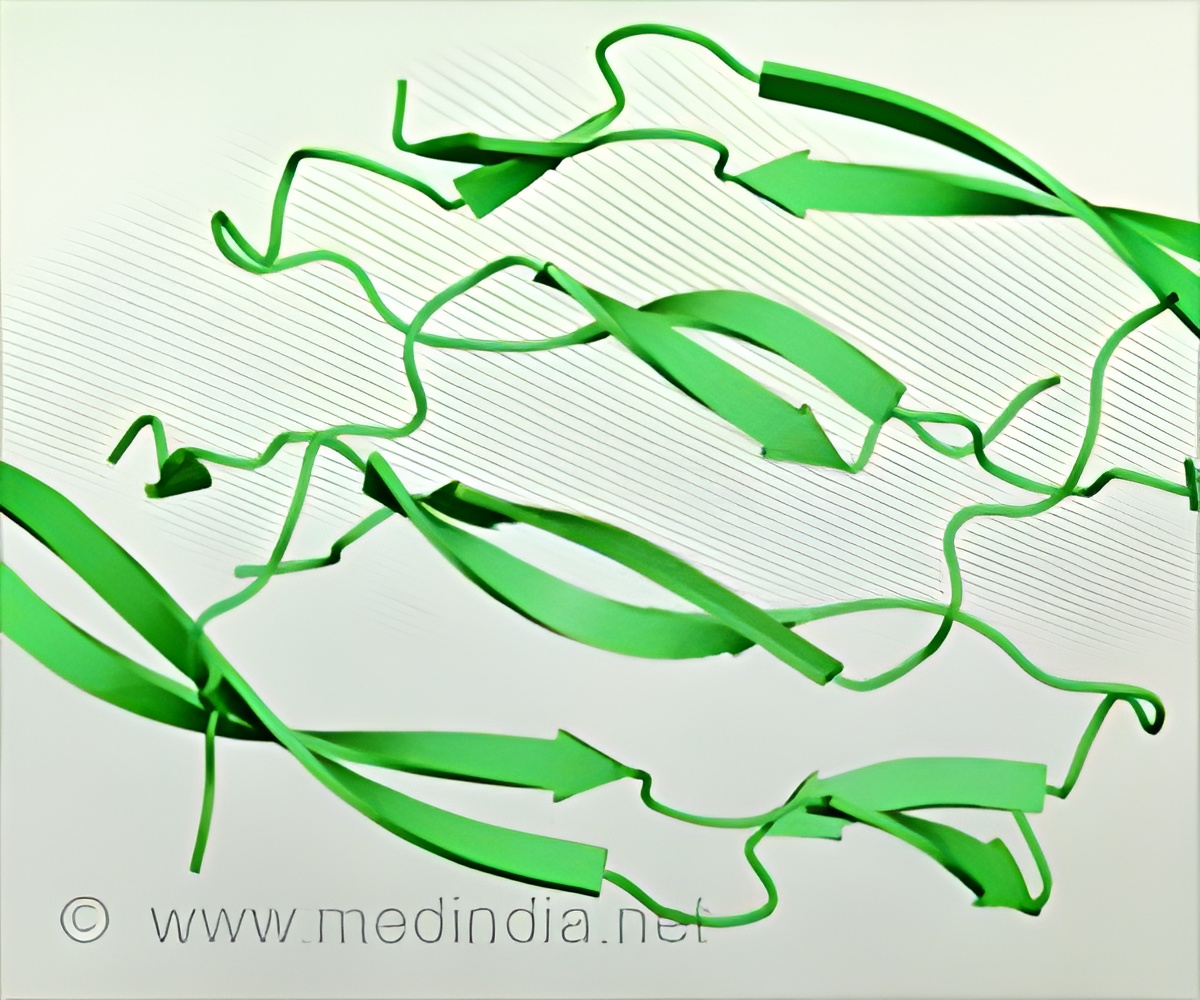The discovery by Rutgers and other scientists that molecular machinery to help develop potent antibiotics could help to identify new antibiotics and anticancer drugs.

‘Enzyme machines like McbBCD as a production tool could help develop potent new antibiotics and anticancer drugs.’
Read More..




The potent natural antibiotic, microcin B17, kills harmful E. coli bacteria. Microbial resistance to antibiotics- due to their overuse and misuse - is one of the biggest threats facing humanity, and there's an urgent need to find new drugs. Natural antibiotics that evolved over eons represent an attractive option to overcome resistance.Read More..
The scientists studied a molecular machine: an enzyme (protein) called McbBCD. The enzyme makes microcin B17 from a smaller protein known as a peptide. Scientists have known about microcin B17 and its unusual chemical structure for decades, but they did not understand the molecular machinery that makes it until now.
The scientists found that the enzyme triggers two chemical reactions that produce several chemical "cycles" required for antibacterial activity, according to senior author Konstantin Severinov, a principal investigator at the Waksman Institute of Microbiology and professor of molecular biology and biochemistry at Rutgers University-New Brunswick.
"Our research allows rational design of new peptide compounds that could become treatments ranging from antimicrobials to anticancer drugs," Severinov said. "There may be a trove of new antibiotics that could be made from peptides, using enzyme machines like McbBCD as a production tool."
The international team included scientists at the Skolkovo Institute of Science and Technology in Russia; Russian Academy of Sciences in Russia; Jagiellonian University in Poland; John Innes Centre in England; and Lomonosov Moscow State University in Russia.
Advertisement
Source-Eurekalert











